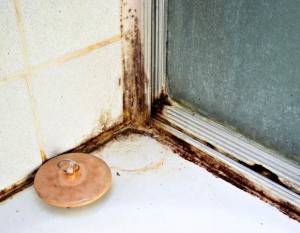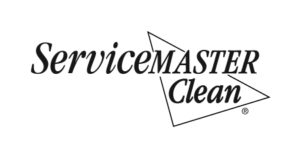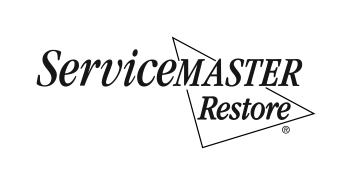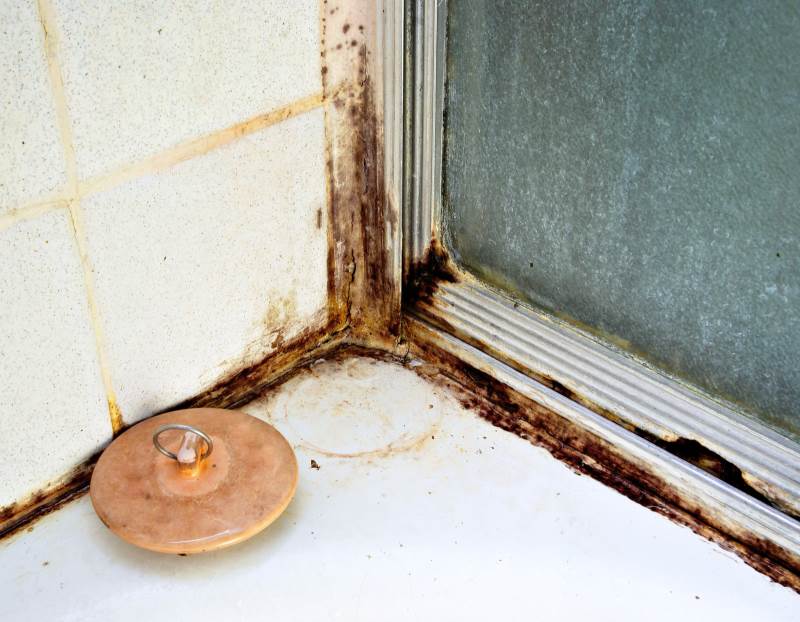If you watch any of the home remodeling and design shows on television, then you know that certain types of mold that can be toxic. Unfortunately, none of these popular shows tell you about all of the many dangerous types of molds, and why they pose a health hazard. The more that you can learn about these risks, the better you can prepare for them in the future, especially when mold cleanup efforts are needed.
Common Types of Indoor Mold
 Mold can grow pretty much anywhere in your home. There are different varieties that thrive in different environments, so your whole house could be at risk. However, mold is generally found in moist areas, such as basements, bathrooms, and kitchens. If you live in a climate with higher humidity levels, you have an even greater chance of finding mold. Here are some of the common household molds:
Mold can grow pretty much anywhere in your home. There are different varieties that thrive in different environments, so your whole house could be at risk. However, mold is generally found in moist areas, such as basements, bathrooms, and kitchens. If you live in a climate with higher humidity levels, you have an even greater chance of finding mold. Here are some of the common household molds:
- Aspergillus – Commonly found on food and in air conditioning systems.
- Cladosporium – Appears black or green, looks like pepper, and grows on the back of toilets, painted surfaces and in fiberglass air ducts.
- Stachybotrys atra – Grows on wood, fiberboard, gypsum board and paper. It can even grow on dust and lint.
Health Hazards Caused by Mold
Molds can cause allergy like symptoms including but not limited to:
- Nasal Stuffiness
- Sore Throat
- Coughing
- Wheezing
- Rashes and Skin Irritation
If someone in your home is sick or has a weak immune system, they could get serious lung infections if they are exposed to mold. People with mold allergies may have severe reactions. The very young and the elderly are most at risk when exposed to mold. You can reduce the risk of mold by keeping your home dry and periodically inspecting for any issues.
Preventing and Managing Mold
If you find mold, you should have your home inspected by a professional so that the type and source of the mold can be identified. Once you have this information, you can get an estimate for removal. While you may be able to take care of some mild cases of mold yourself, major cases should always be handled by a mold cleanup expert.


